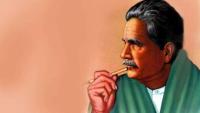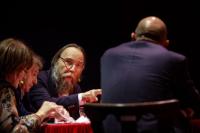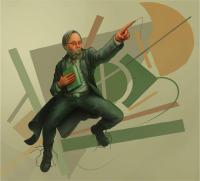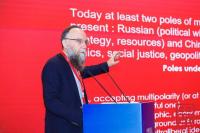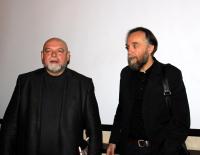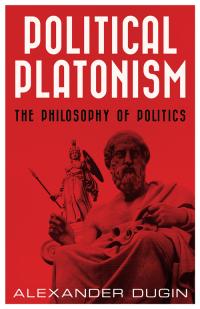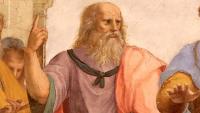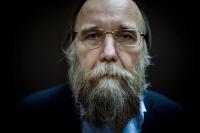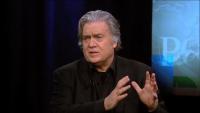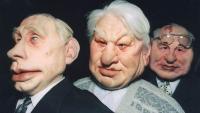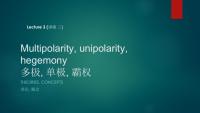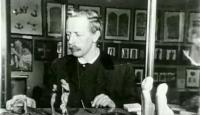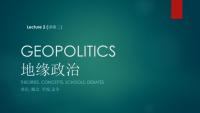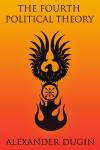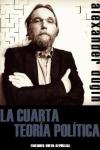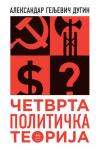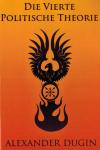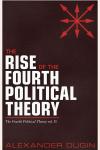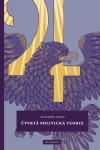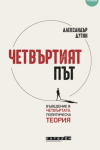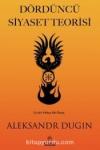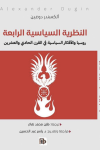MUHAMMAD IQBAL, EURASIANITY, AND THE FOURTH WAY
It is significant that the Eurasianists rejected all three of these projects (and political theories), and even exposed their disastrous nature. The Eurasianists also predicted the collapse of the Soviet Union from the very onset of its establishment. The Eurasianists discussed the importance of religion to the life of the people and the state, and the Eurasianists insisted on the peaceful coexistence of cultures and ethnoi. Although the Eurasianist movement proper existed only during the interwar period, it found successors in the Soviet Union and now in contemporary Russia. Of extreme interest in this regard are the ideas of the philosopher Alexander Dugin, who has proposed the model of a Fourth Political Theory. This variation of “society D” continues the line of classical Eurasianity and rejects the three historical political theories of Liberalism, Fascism, and Communism. If Muhammad Iqbal spoke of the need to obtain the collective self (Ijtimayi Khudi) for a new society, then Professor Dugin is employing the terminology of the German philosopher Martin Heidegger in speaking about the Selbst and Dasein.

